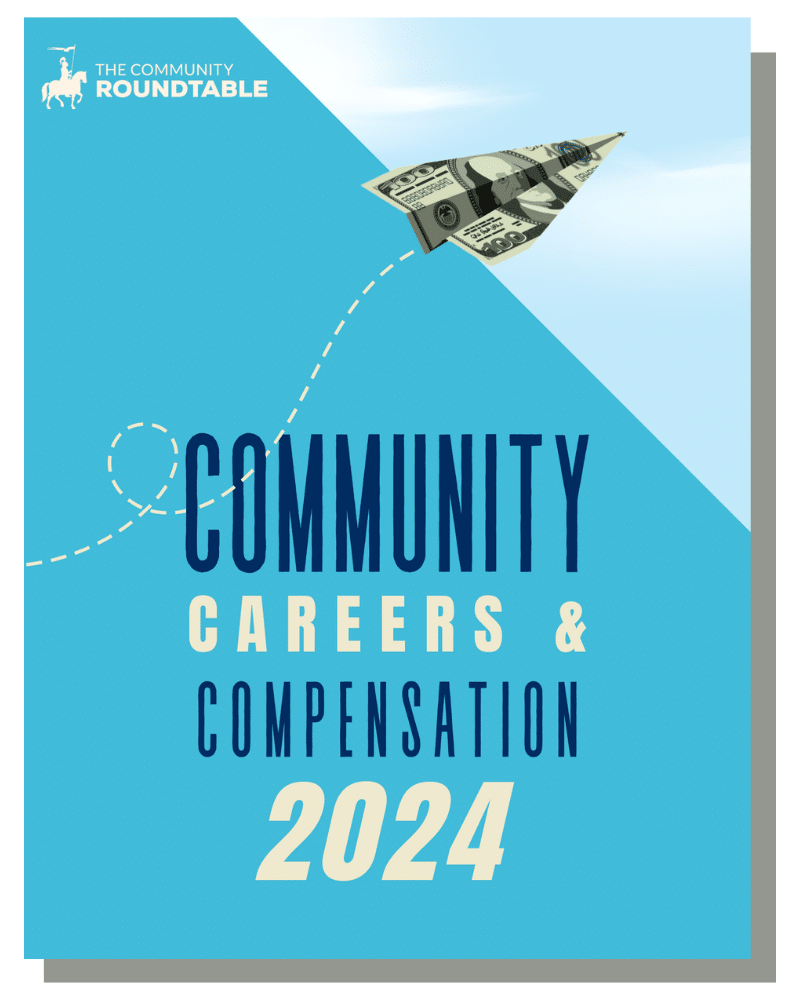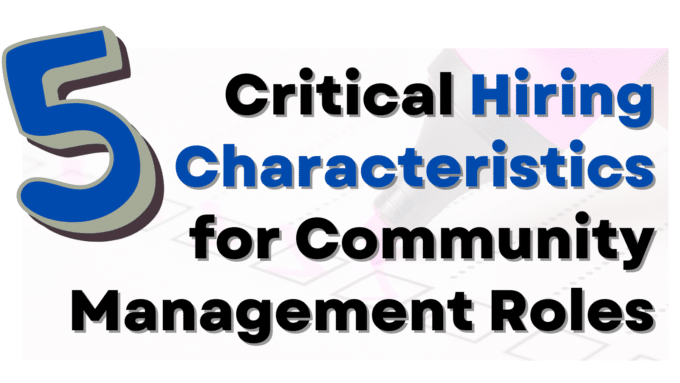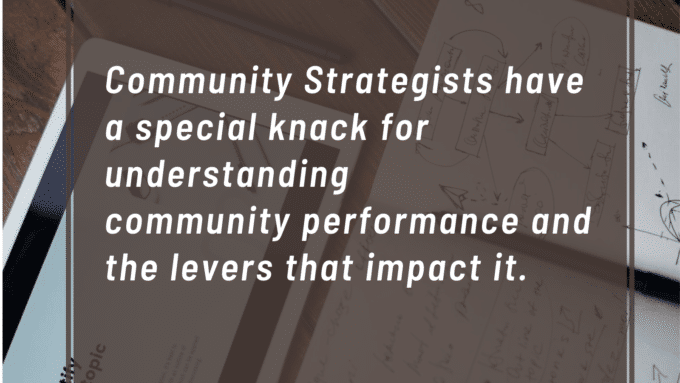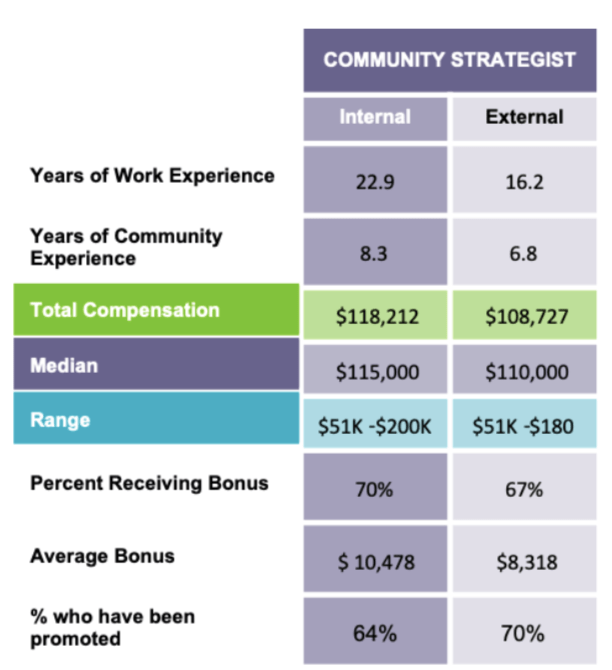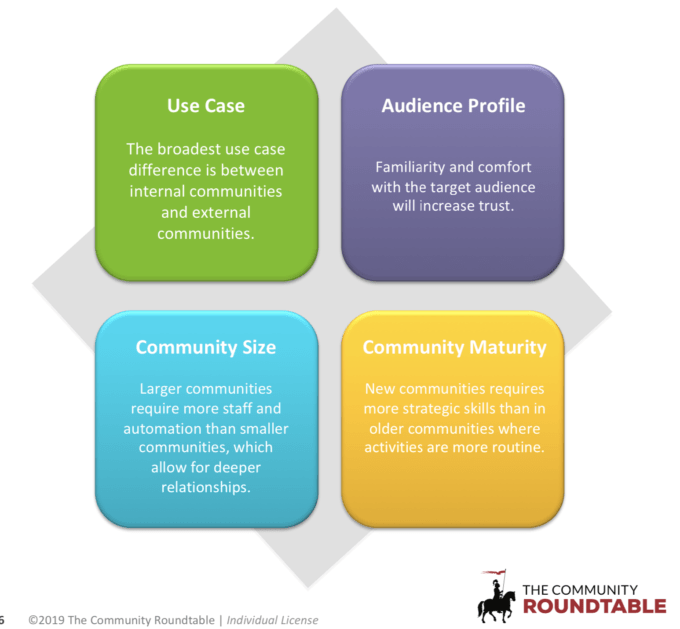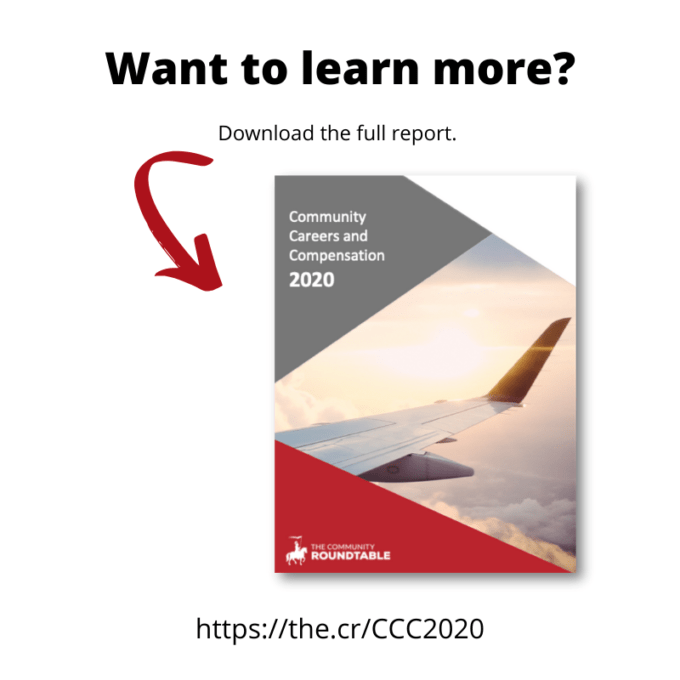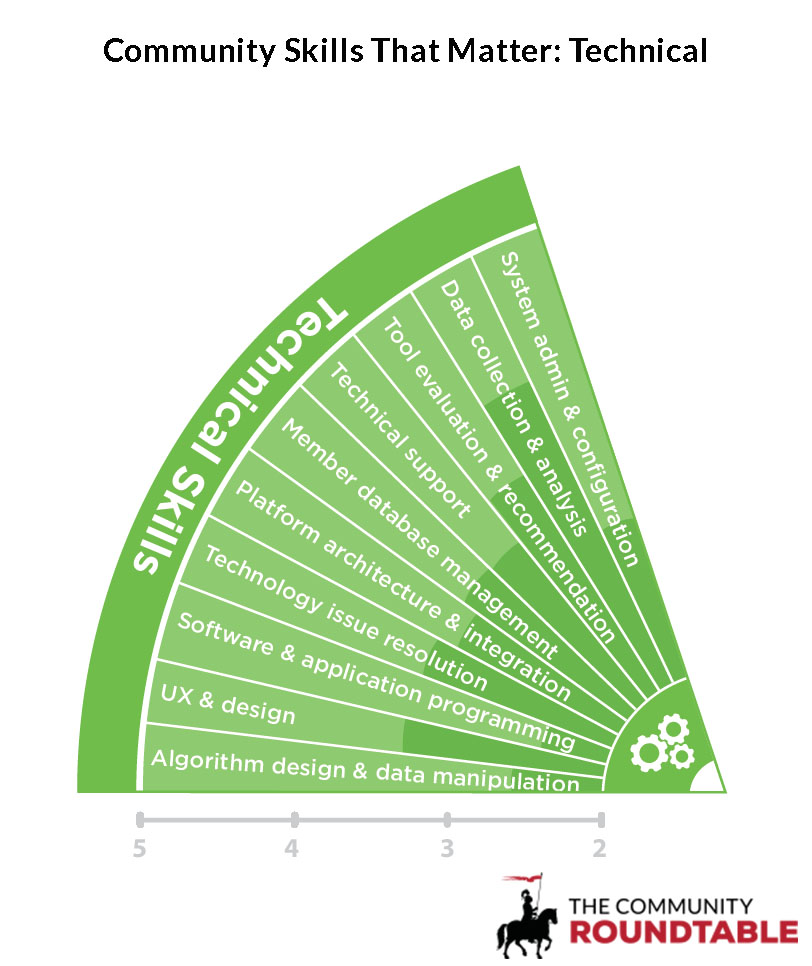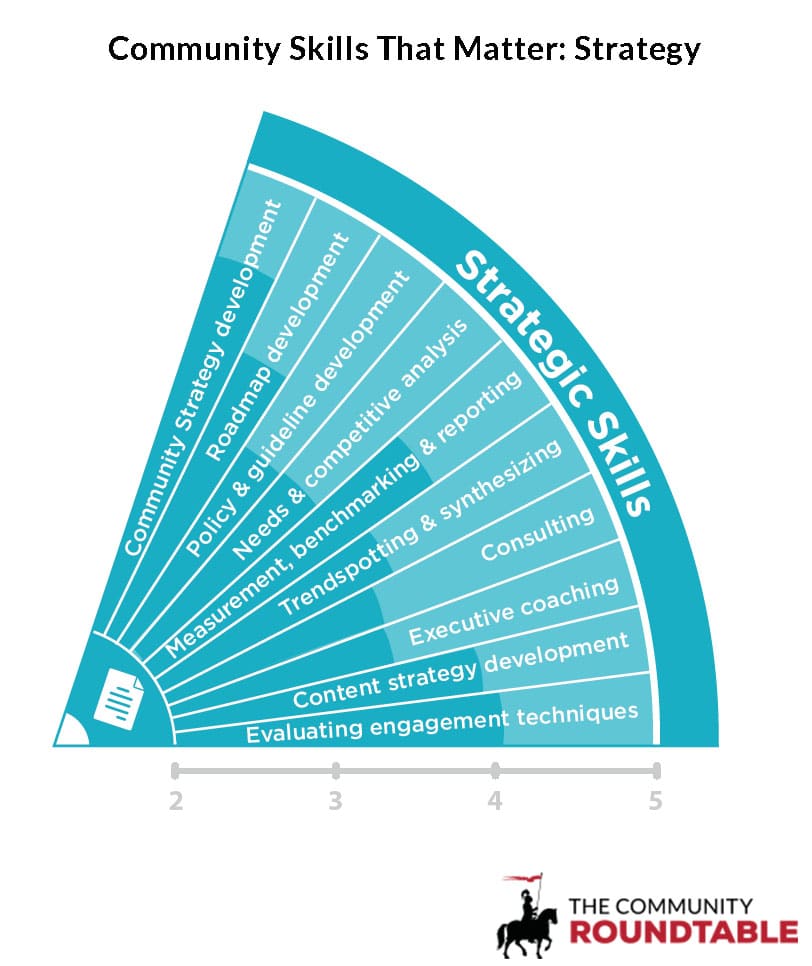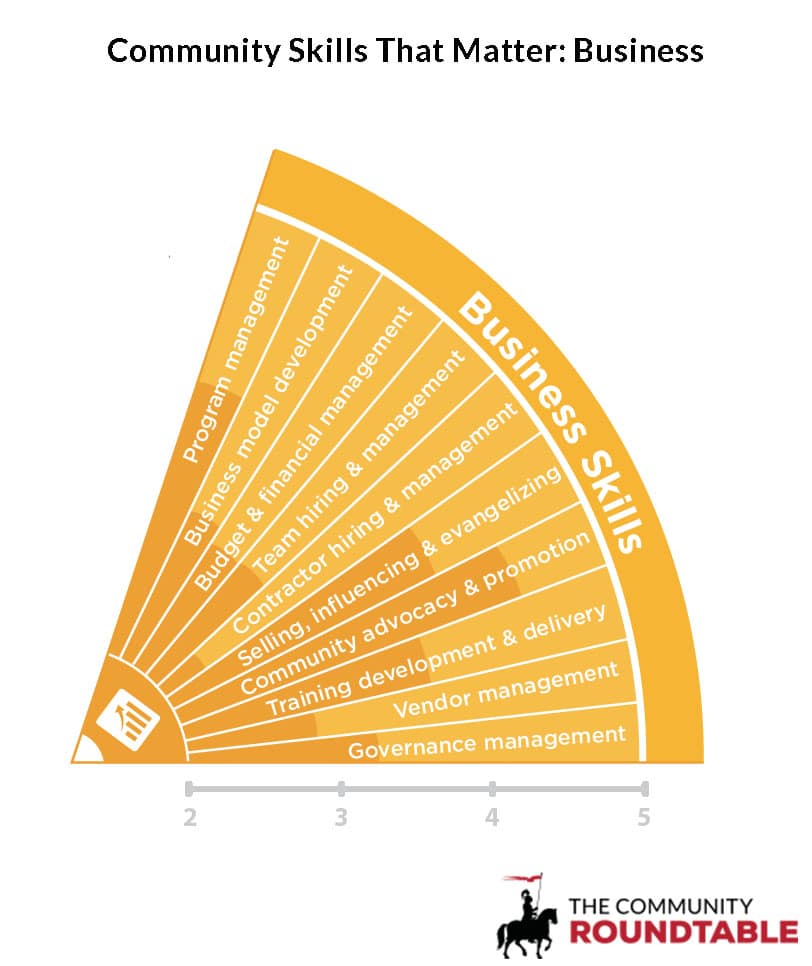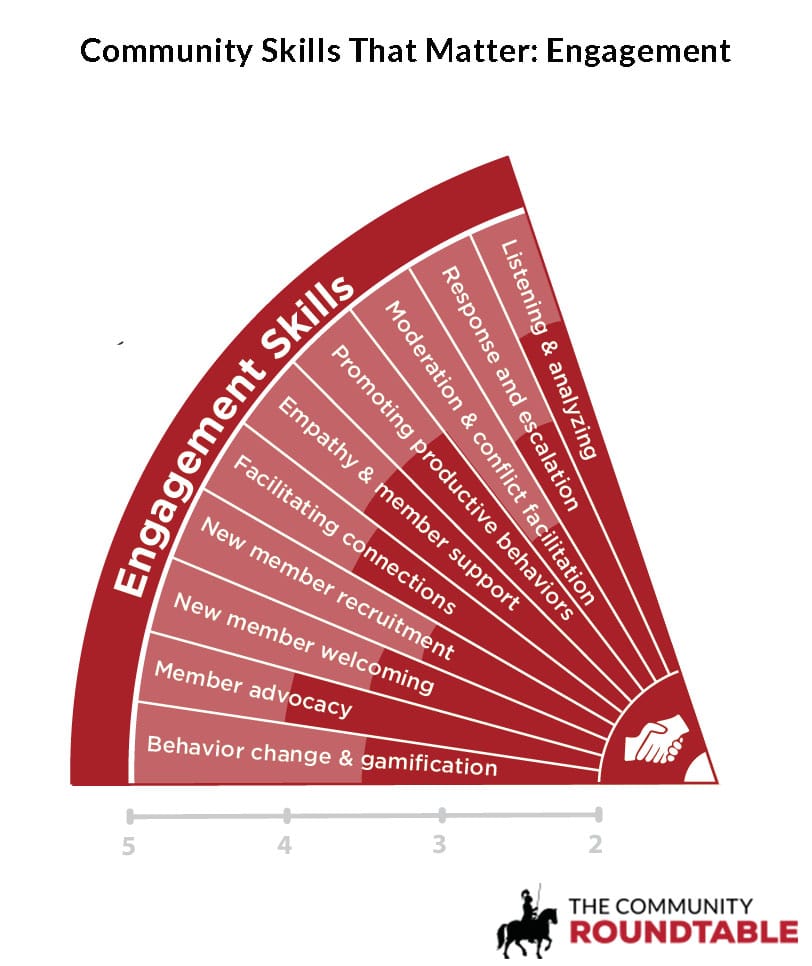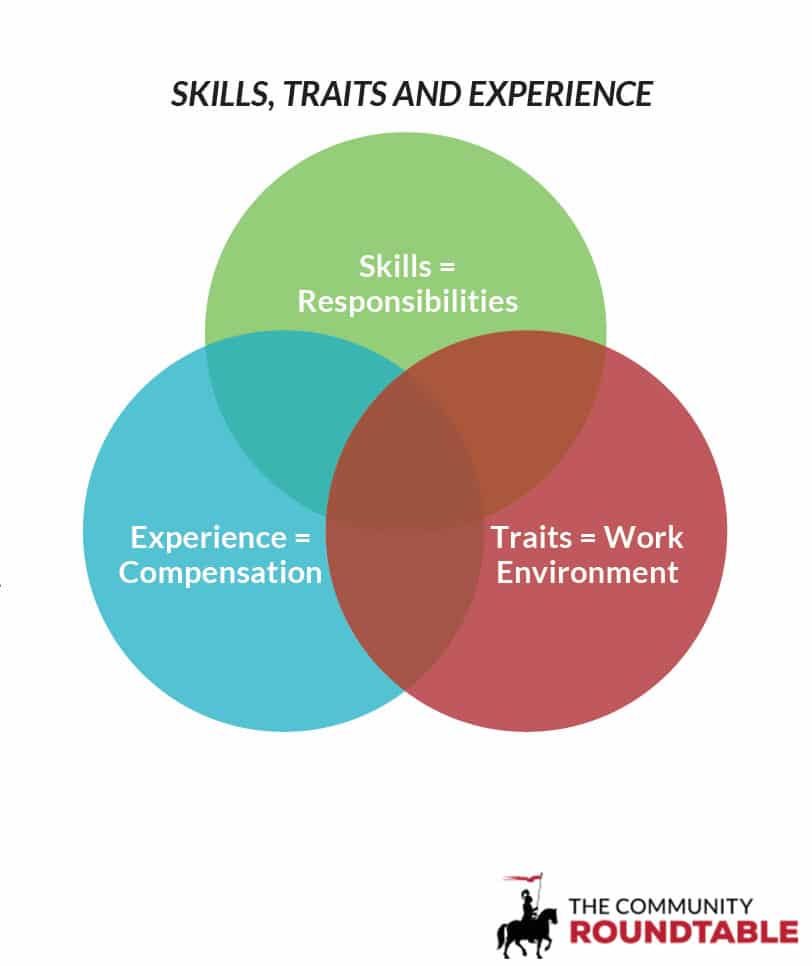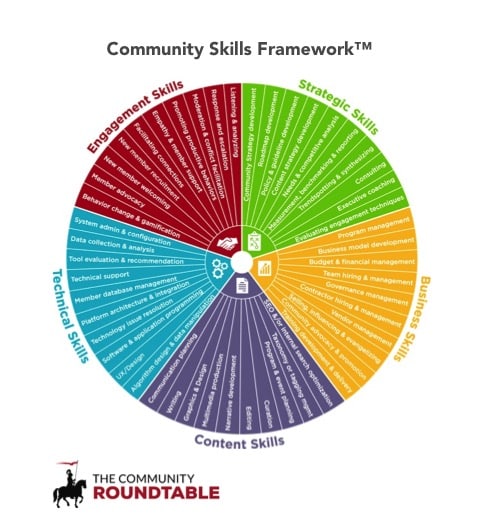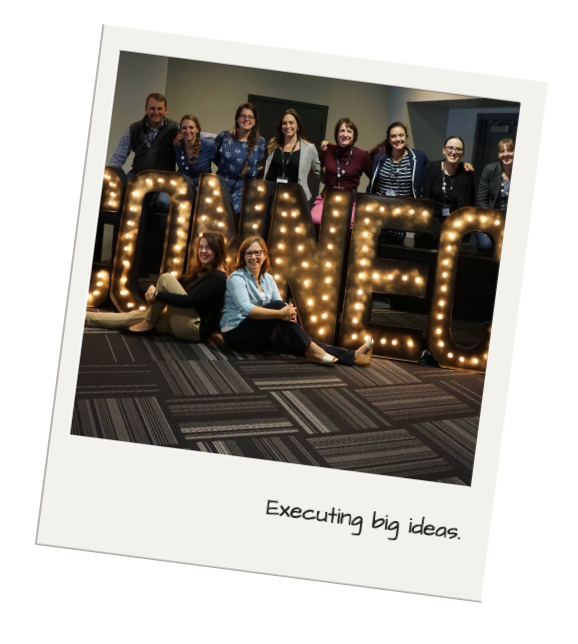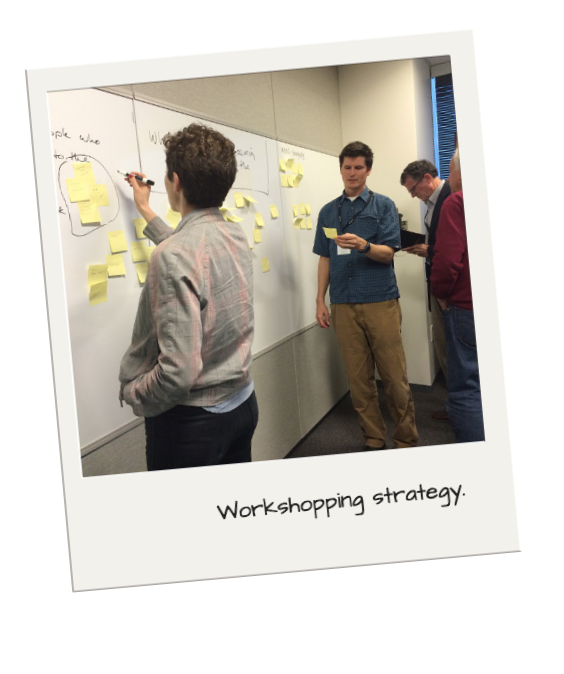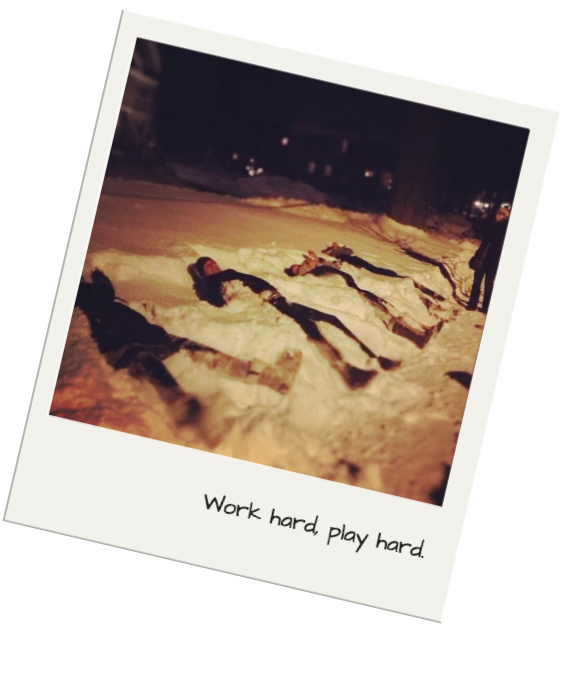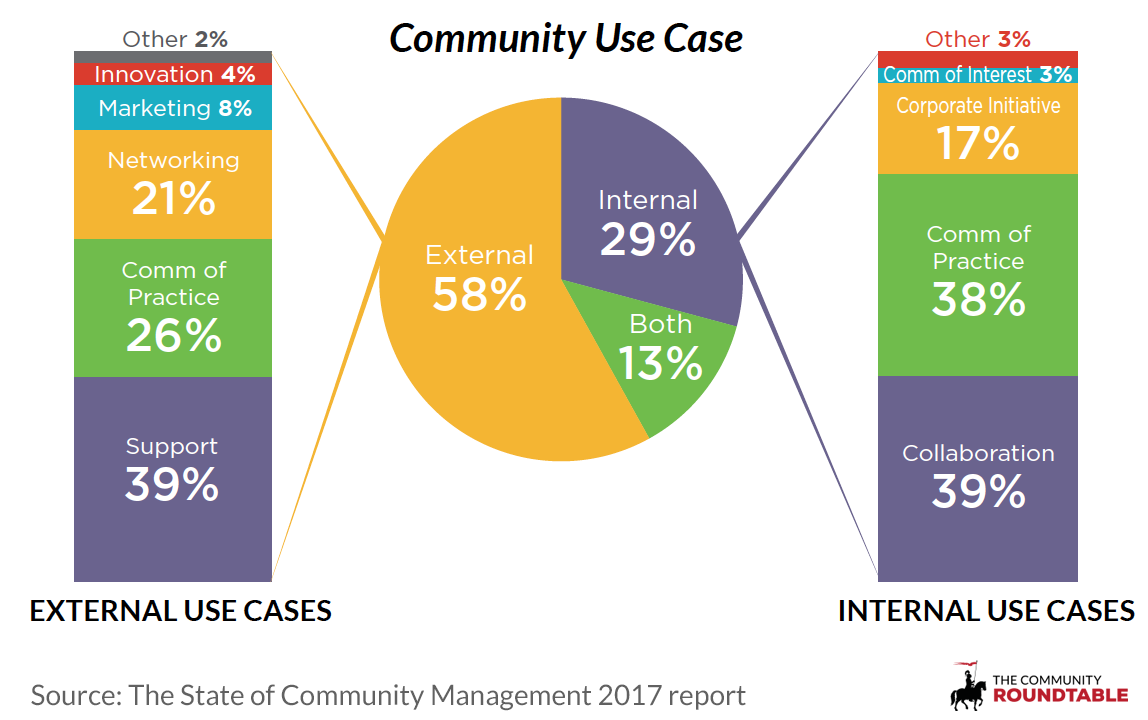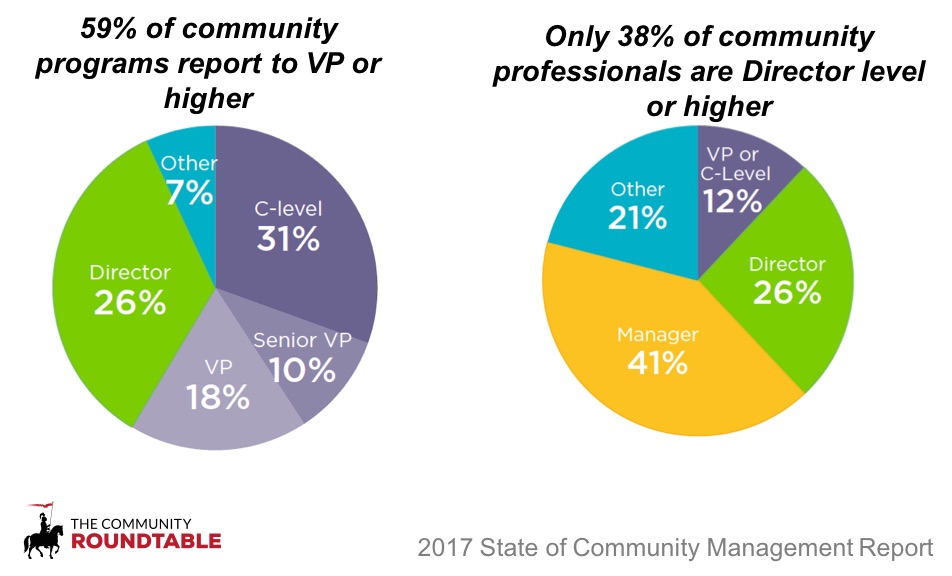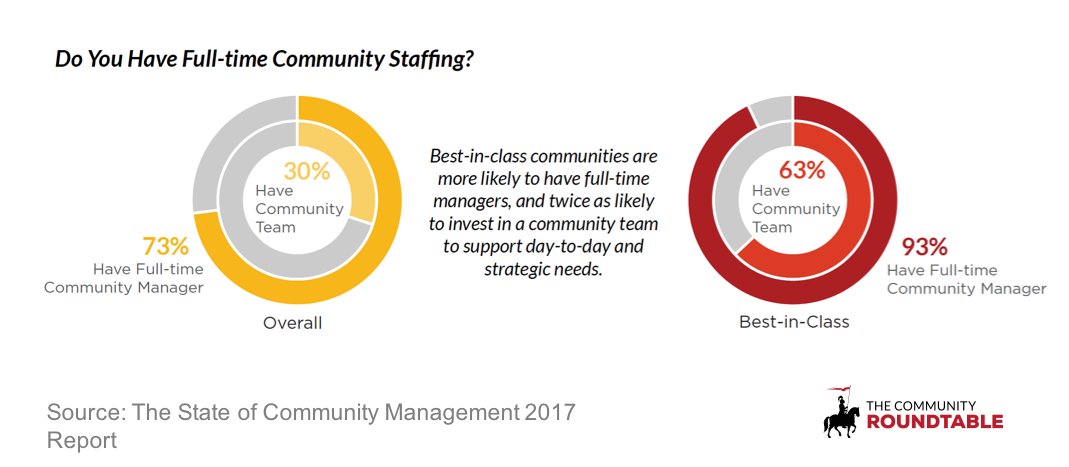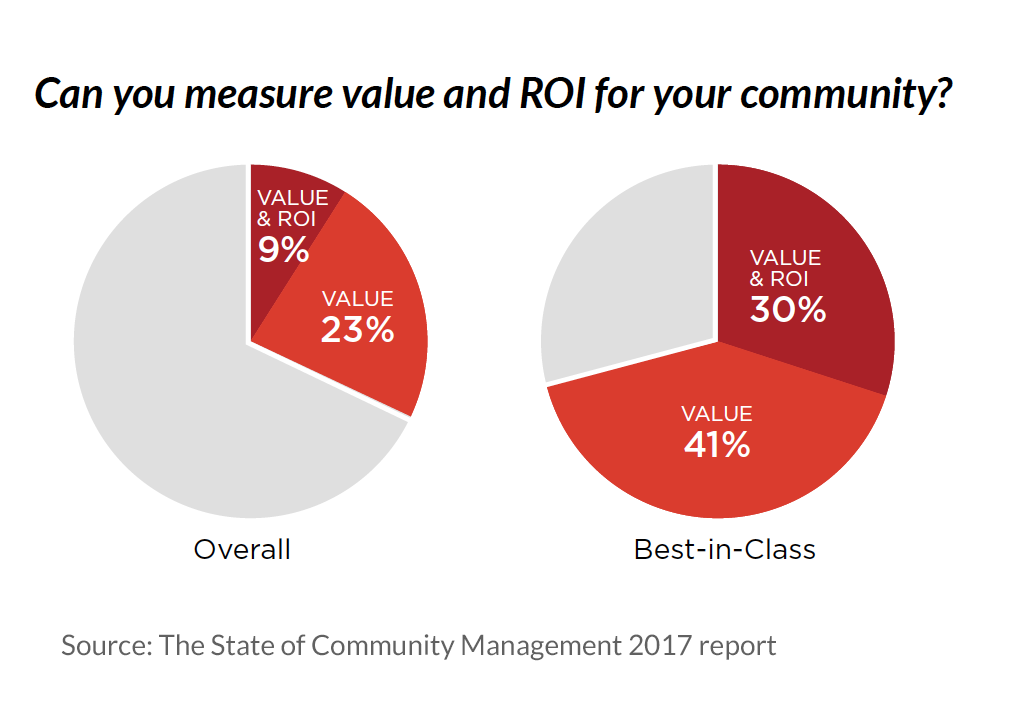We are excited to share our latest Community Careers and Compensation report! Based on a global survey of over 600 community professionals, the Community Careers and Compensation 2024 report highlights trends in the community management industry and provides salary data for four different community roles. You can download your free copy here.
The 2024 Community Careers and Compensation report explores salary data, key skills, and job responsibilities for four key community roles:
- Community Specialists
- Community Managers
- Community Strategists
- Community Executives
It also features community job descriptions, advice for hiring managers and community practitioners, and profiles of four community professionals Helen Chen, Geneva Cooper, Tarek Khodr, and Allison Brotman.


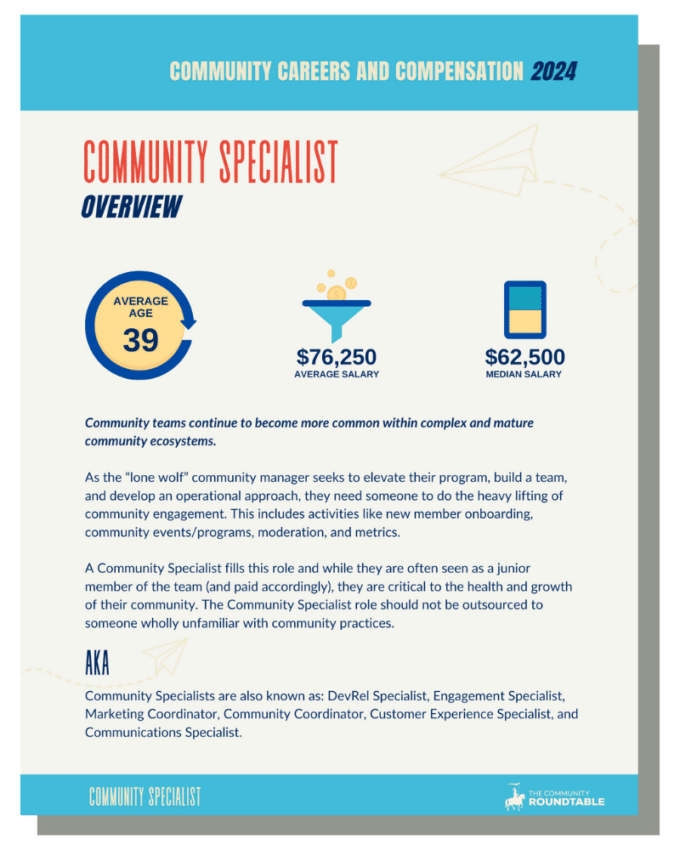
Looking for salary data for a community manager in the Midwest? It’s in there!
How about recommendations for hiring your first community specialist? Also in the report.
Need ideas for how to take your career to the next level in community?
Yup, this will help. Want to understand how to write a job description that will attract top talent from the community industry? Run, don’t walk! Download your free copy of the report.
